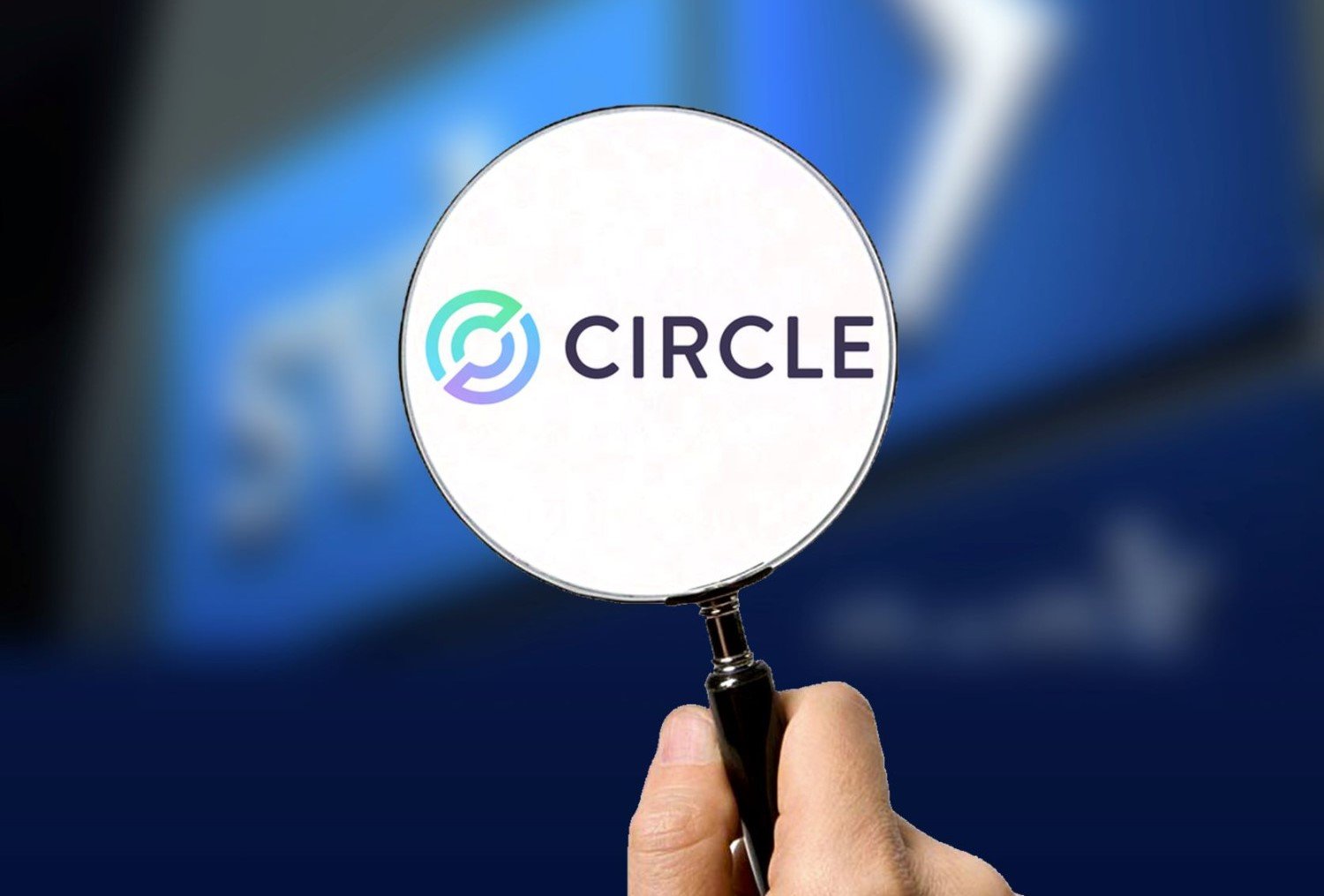ARTICLE AD BOX

- Arbitrum, Ethereum L2 network, suffers outage of more than an hour due to test with Ordinals, raising commissions to USD 55.
- Ordinals users seek cheap alternatives for tokens, testing and challenging capabilities of networks such as Polygon, BNB Chain and Avalanche.
Have you heard about what’s happening with the Ordinals protocol? This 2023, it has been in the news for enabling tokenization of Bitcoin, which has led to several spikes in network congestion. But now, the story takes another turn. It turns out that some people are using Ordinals enrollments to “test” the capabilities of other networks, and Arbitrum, a second-layer (L2) Ethereum network, couldn’t resist the wave and stopped for more than an hour.
Arbitrum Suffers a Significant Outage
The Arbitrum development team reported that the outage occurred in one of the sequencers that order transactions on the network, the most widely used among Ethereum’s L2s. “We can confirm that a sustained flow of registrations caused the sequencer to stop transmitting transactions properly,” reads the message posted on official channels.
Impact on Commissions and Network Activity
During this writing, Arbitrum’s commissions were already at normal, sub-dollar levels. However, before and after the outage, users reported that commissions for using the network amounted to USD 55 to send ether (ETH) and USD 144 to exchange tokens, an extremely high number compared to the usual values.

In the last 7 days, activity on Arbitrum increased by 566%. Source: l2beat.com
Activity on Arbitrum increased almost 10-fold on December 15 compared to the average of the previous seven days. The network went from processing 6 transactions per second (TPS) on average to having to support 50 TPS on average. 90% of the transactions on Arbitrum before the arrest were Ordinals registrations.
Ordinals in NFT Compliant Networks
One of the advantages of the Ordinals protocol is that it facilitated the creation of non-fungible tokens (NFTs) directly on Bitcoin, without the need to resort to sidechains. Now, it is strange that Ordinals is replicated in other networks such as Ethereum and its second layers, as these do present facilities for the creation of NFTs, under the ERC-721 standard.
The difference is that Ordinals does store information on the chain, while NFTs usually point to external servers where files linked to the token are stored.
Search for Cheaper Alternatives
All indications are that the high congestion in Bitcoin led Ordinals users to look for cheaper alternatives to create and exchange these tokens. At the moment, they are hopping from one network to another looking for the best alternative for their activities.
Other “Tested” Networks with Ordinals
Ordinals are “heavier” for networks to process. That’s why many people talk about a “test” of several networks to gauge their capabilities. Blockchain analyst Hildobby claimed that 57% of transactions on Polygon, BNB Chain and Avalanche last week corresponded to these enrollments.

Ordinals enrollments are starting to replicate on more networks. Source: X @hildobby_
What happened with Arbitrum isn’t unique to that network
Bitcoin, the home of the Ordinals protocol, was the first to get congested by the replication of these registrations. Networks like Telegram Open Network (TON) and Polygon have also faced similar problems.
At press time, commissions on Avalanche were at high levels and the network was processing a large number of transactions, many related to Ordinals registrations. However, the network managed to support a flow of up to 600 TPS, just as Near Protocol and Gnosis Chain also managed to withstand the congestion.
what do you think, are we witnessing a new era of stress testing on blockchains? Arbitrum, one of the most important networks, has already felt the pressure. Meanwhile, the blockchain community is still looking for solutions to adapt to these challenges.
.png)
 1 year ago
13
1 year ago
13








 English (US)
English (US)